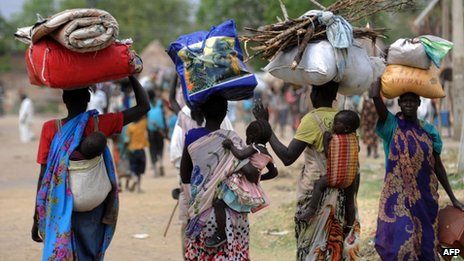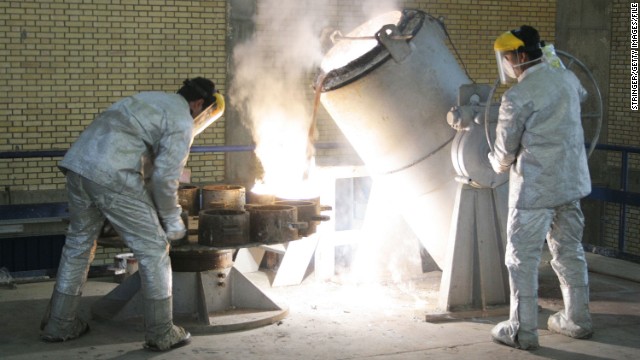By: Danielle L. Gwozdz
Impunity Watch News Reporter, Africa
KHARTOUM, Sudan – More than 200 civilians in South Sudan have drowned in a Nile ferry accident while fleeing fighting in the town of Malakal, an army spokesman told the BBC.

Women and children were among the victims in the disaster.
About 350,000 people have been displaced due to the fighting between the South Sudanese government and rebel forces, the UN reported.
Malakal, the gateway to the oilfield of the Upper Nile region, has been allegedly captured by the rebels.
The army spokesman denies this. Instead, the spokesman claims that the rebels have been pushed back after heavy fighting in the city of Malakal.
“The reports we have are of between 200 and 300 people, including women and children. The boat was overloaded,” Philip Aguer, another army spokesman, told AFP.
“They all drowned. They were fleeing the fighting that broke out again . . . .”
The fighting has caused many people in South Sudan to seek shelter elsewhere; hence, why so many people were on the boat that sank. However, many report that they cannot even afford to escape because they do not have the money to pay to get on the boat.
Many people use the river to escape.
One refugee reported to BBC that he had to borrow money in order to escape. He paid 150 Sudanese pounds, equally 66 dollars.
Recently, over 9,000 people have arrived at the UN base in Malakal seeking shelter. This number nearly doubles the number of people who have been seeking shelter.
Talks aimed at securing a ceasefire in South Sudan are currently taking place in the Ethiopian capital of Addis Ababa.
This violence stems from December 15. The clash has been between loyalists to the President Salva Kiir and soldiers backing Riek Machar, Kiir’s former vice-president.
President Kiir is a member of South Sudan’s largest ethnic group, while Machar is from the second largest ethnic group.
The clash between the two groups has seen mass killings along ethnic lines.
The UN has reported that it estimates more than 1,000 deaths since the fighting has begun on December 15, only one month ago.
For more information, please visit:
BBC News – South Sudan Nile ferry sinks with more than 200 dead – 14 January 2014
Now.media – South Sudan Nile ferry sinks with more than 200 dead – 14 January 2013
Lehigh Valley Business – World: South Sudan Nile ferry sinks with more than 200 dead – 14 January 2014
Democratic Underground – South Sudan Nile ferry sinks with more than 200 dead – 14 January 2014
Lebanese Republic – South Sudan Nile ferry sinks with more than 200 dead – 14 January 2014
Obuoba FM – South Sudan Nile ferry sinks with more than 200 dead – 14 January 2014

